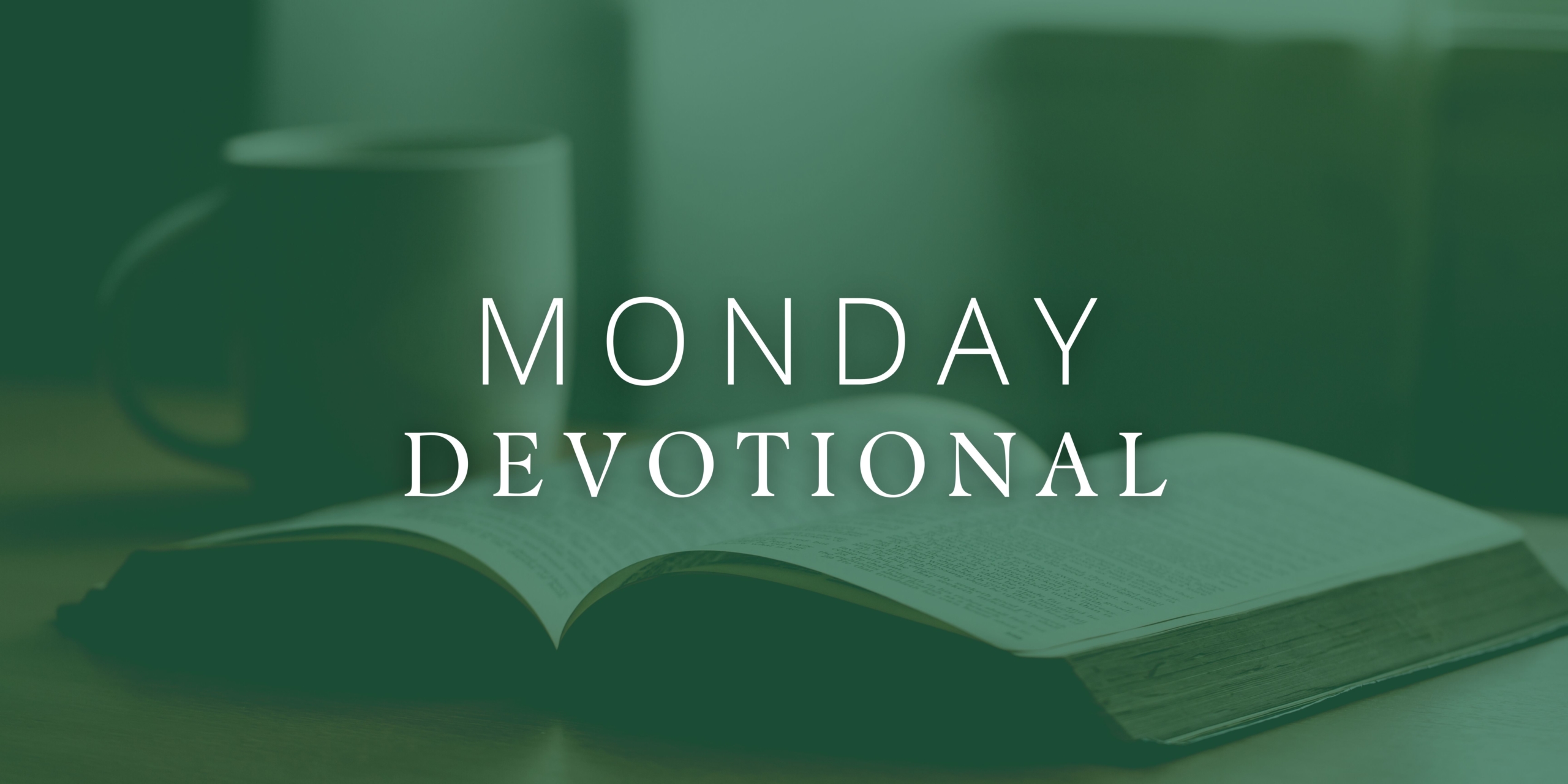“In all things, do to others what you would have others do to you; for this is the law and the prophets.” — Matthew 7:12
Written by Evie Hao, CUC member
This Bible verse has come to be known as The Golden Rule. All great religions teach a similar law. We empathize; we are moved; we act and react in love for the other.
For many, the happenings of every day elicit joy and the feeling of well-being. Our lives and the lives of our loved ones are intact and moving in the right direction. Our daily interactions with people are caring, kind, or at least cordial. If there is a problem, we are ready to help, and others reciprocate. We follow the Golden Rule.
But on the other side of the island or across the ocean and in far away continents, the Golden Rule is broken. In those places far from us, people go hungry, families are separated, innocents are killed. Technology brings to us images of pain and horror. We feel pain, but it’s hard to feel true suffering when we see it through electronic screens. When the screens are turned off, the horror disappears from our view.
In Monday’s July 11th meditation on the Good Samaritan, the priest and the Levite chose to ignore the injured and dying man on the roadside. One possible reason was their wanting to remain “pure/clean” to accomplish their daily work. Helping/touching one who would die would make them “unclean.” They chose not to see and act because doing so would interfere with their stable lives. They were ignorant of the Golden Rule or chose to ignore it. They turned away.
In our world today, our uneasy challenge is not to turn away. When we see poverty, pain, injury, and death, we move in. How will moving-in change our daily lives? Will it be disruptive or unsettling for ourselves and our families? Despite this fear and uncertainty, we strive to create a just and generous world for everyone. We practice The Golden Rule.
Sister Simone Campbell, a Roman Catholic, belongs to the Sisters of Social Justice. She writes how “messy, real, complicated” — moving-in is. But “God calls not the perfect but the willing.”
Love sends us in our full humanity
To encounter the full humanity of others:
Messy, real, complicated as it is.
That compassion may be our practice.
That differences may be our teacher.
That honesty and truth may guide us.
God calls not the perfect but the willing.
With the assurance of the Spirit’s companionship, go in peace.
O Spirit, move among our nation, that we may be able to speak of that profound truth that power is not control. Power is coming together for the common good and lifts us up as one nation.






